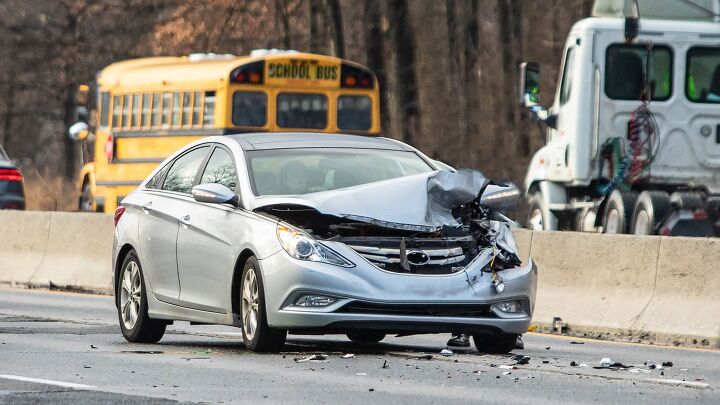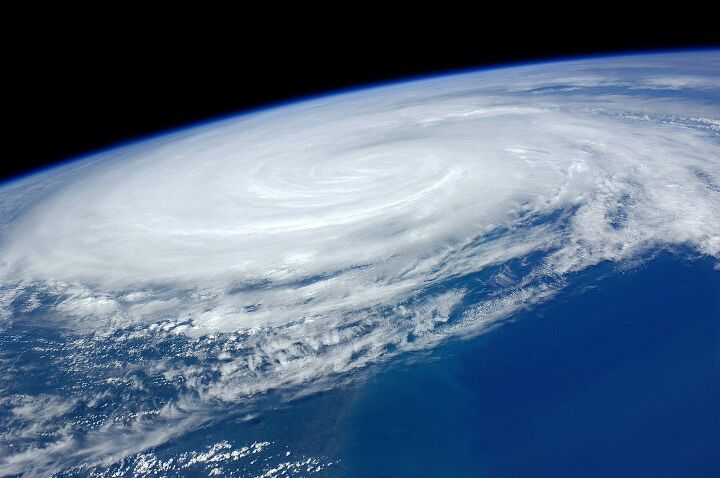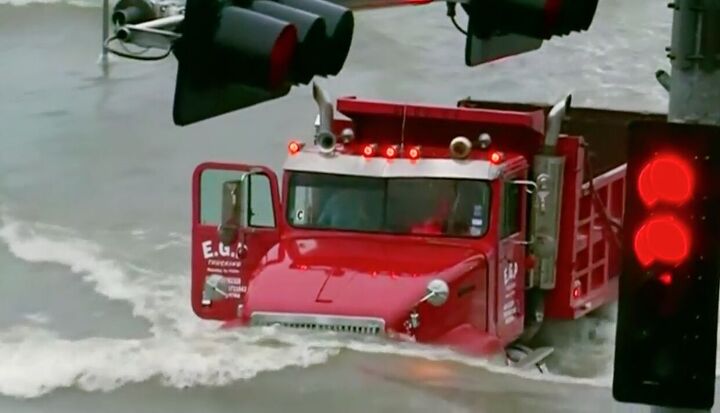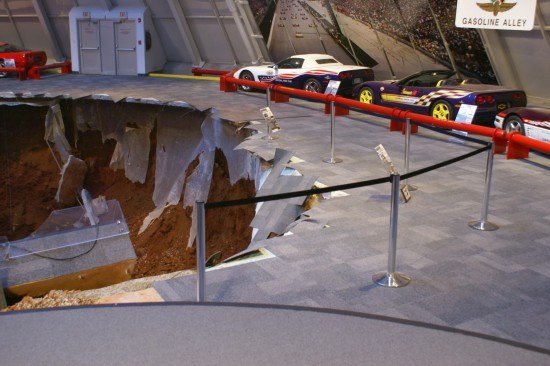#NaturalDisasters
Car Insurance Rate Increases Offset the Gradual Price Drops
New car prices are slowly returning to reality, but the universe isn’t done torturing buyers. A new report from Reuters found that insurance rates are climbing just as the financial pain of buying a new car is easing.
Pontiac Fiero Collection Swept Away in Michigan Flood
Multiple dam failures brought on by prolonged and intense rain in central Michigan saw a record surge of water sent down the Tittabawassee River last night. Following the breach of the Edenville and Sanford dams, water levels peaked at 35 feet in downstream Midland, MI, breaking the previous record by more than a foot.
In the affected area, the dam failures left uprooted trees and lives, unmoored buildings, a lake drained nearly dry, and a catastrophe of the automotive kind.
Seismic Activity Hampering Japanese Auto Production
A strong earthquake shook western Japan on Monday morning. The 6.1-magnitude quake destroyed property, left tens of thousands without power, stranded commuters, and disrupted Osaka’s industrial sector. Honda, Mitsubishi Motors, and Toyota’s Daihatsu unit all have production facilities in the area and were forced to shut down temporarily.
While Daihatsu remained confident its facilities could be reopened later in the day, Honda’s Suzuka factory in the Mie prefecture is one of the oldest plants on its roster. Despite being modernized over the years, it might not have been able to withstand the vibrations as well as newer facilities. The company said it would remain shuttered as employees perform safety and spot checks.
Car Dealers Claim Insurers Are Halting Policies Ahead of Hurricane Irma
Florida-area car dealerships are annoyed that insurance companies pulled the plug on policies earlier this week, fearing further hurricane-related payouts as Hurricane Irma approaches the coast. Insurers, including Progressive and Allstate, are reacting to losses incurred in Texas during Hurricane Harvey’s assault last month.
While this is standard practice for some companies, it isn’t a universal trend. State Farm, for example, said it would continue offering coverage until after a national hurricane advisory had been issued.
Hurricane Harvey Floods Highways and Stalls Oil Production in Texas
Through Sunday morning, Harvey continued to unleash record levels of rain upon Texas, causing biblical flooding. The situation is so bad that the National Weather Service warned of “additional catastrophic, unprecedented and life threatening flooding” into the next week, and placed flash-flood emergencies for the entirety of Southeast Texas.
Harvey was the strongest storm to hit the United States since 2004 and has already trapped countless individuals, both in their homes and on the road as the rain has turned several major highways into man-made rivers. In some areas, the waterline is high enough to reach streetlights.
Tornado Vs. Fiat Chrysler Dealership Is Not a Fair Fight
A Fiat Chrysler-affiliated dealership in Texas was hit by a tornado Saturday night, suffering catastrophic damage to its showroom, service center, and inventory. If you’ve ever wondered how your oversized truck would stack up against the awesome power of Mother Nature, look no further than the scattered and overturned vehicles that once occupied Interstate 20 Chrysler Dodge Jeep Ram of Canton’s parking lot.
National Corvette Museum Makes Sinkhole Permanent Exhibit
Earlier this year, a sinkhole opened up within the National Corvette Museum in Bowling Green, Ky., taking down eight Corvettes 60 feet below the show floor. Since then, the natural disaster has proven profitable for the museum, prompting its board to make the hole a permanent attraction.






















Recent Comments